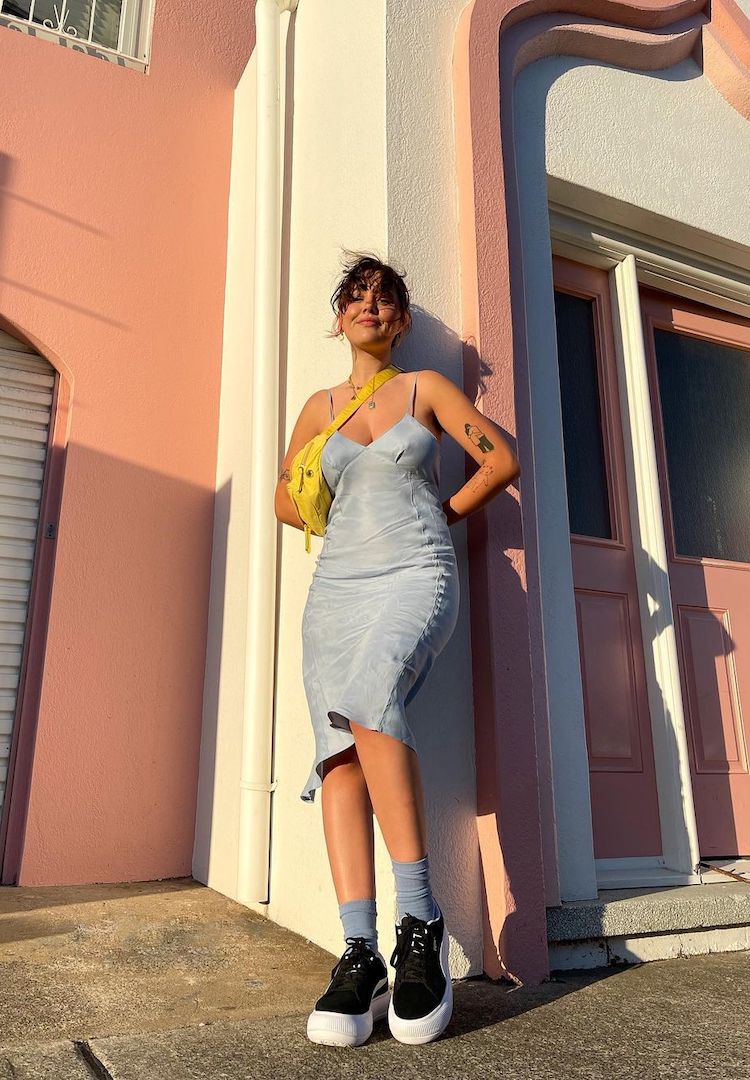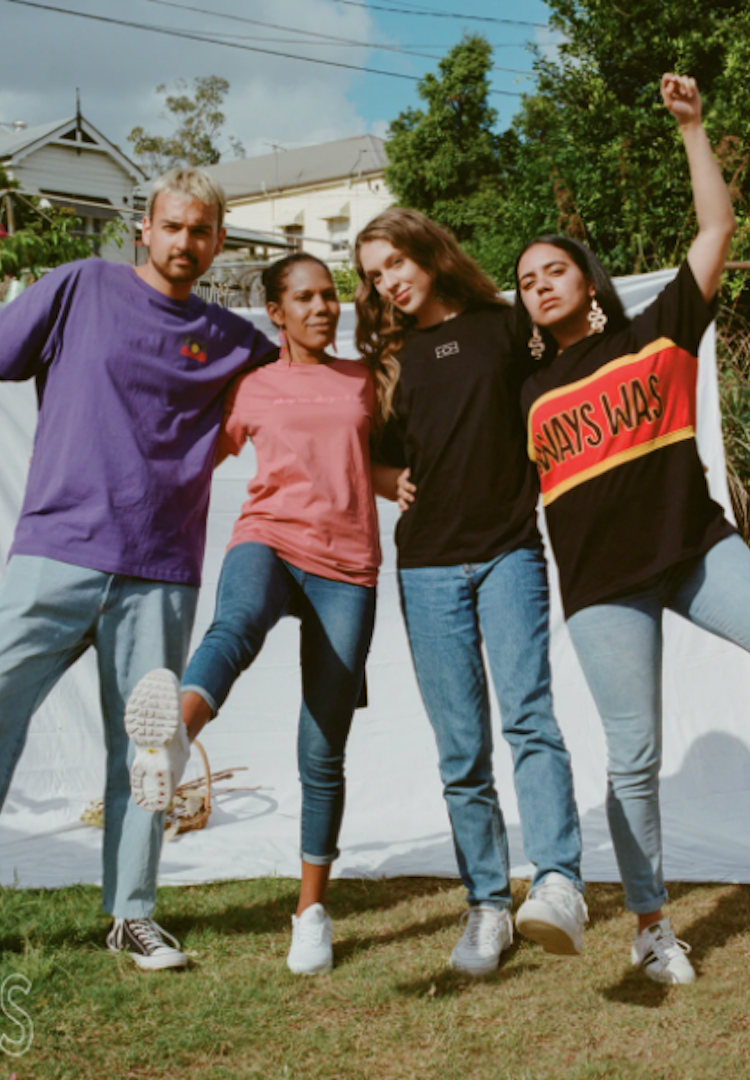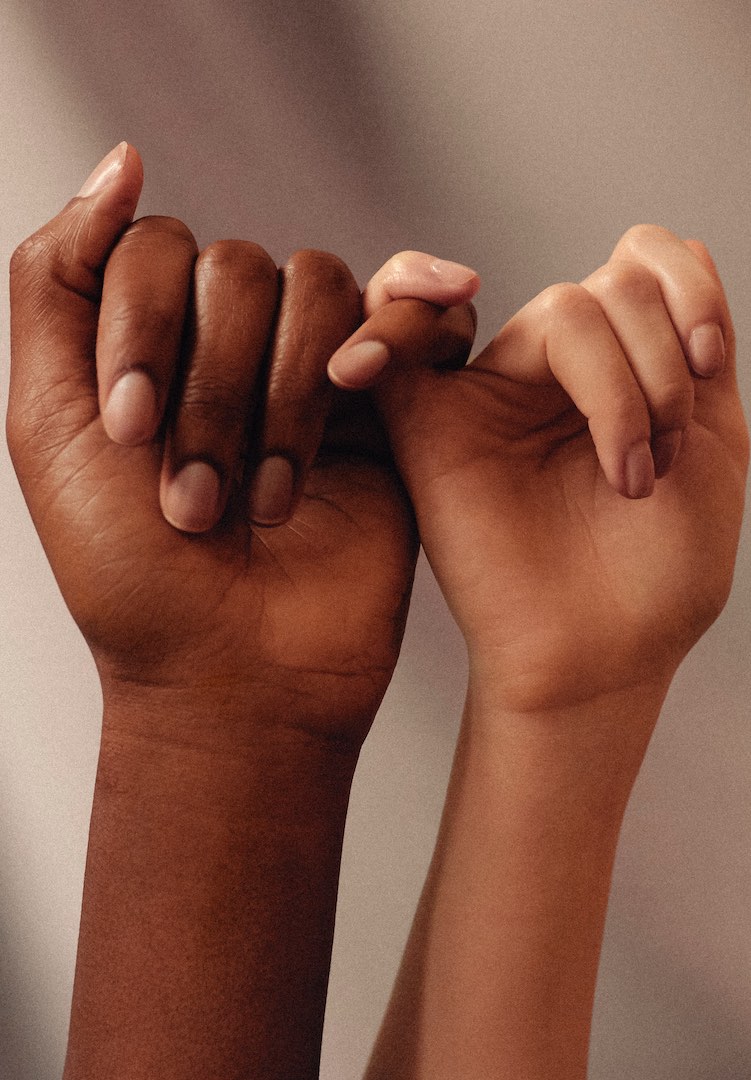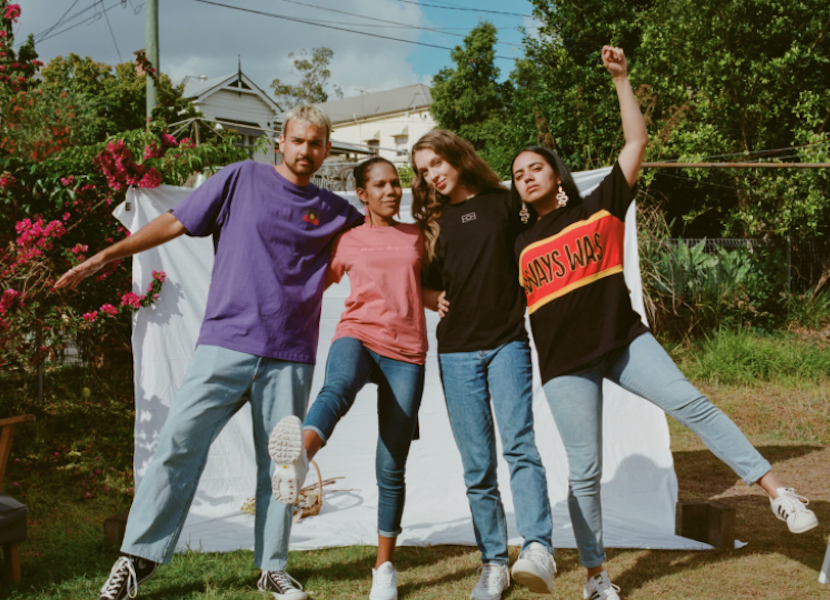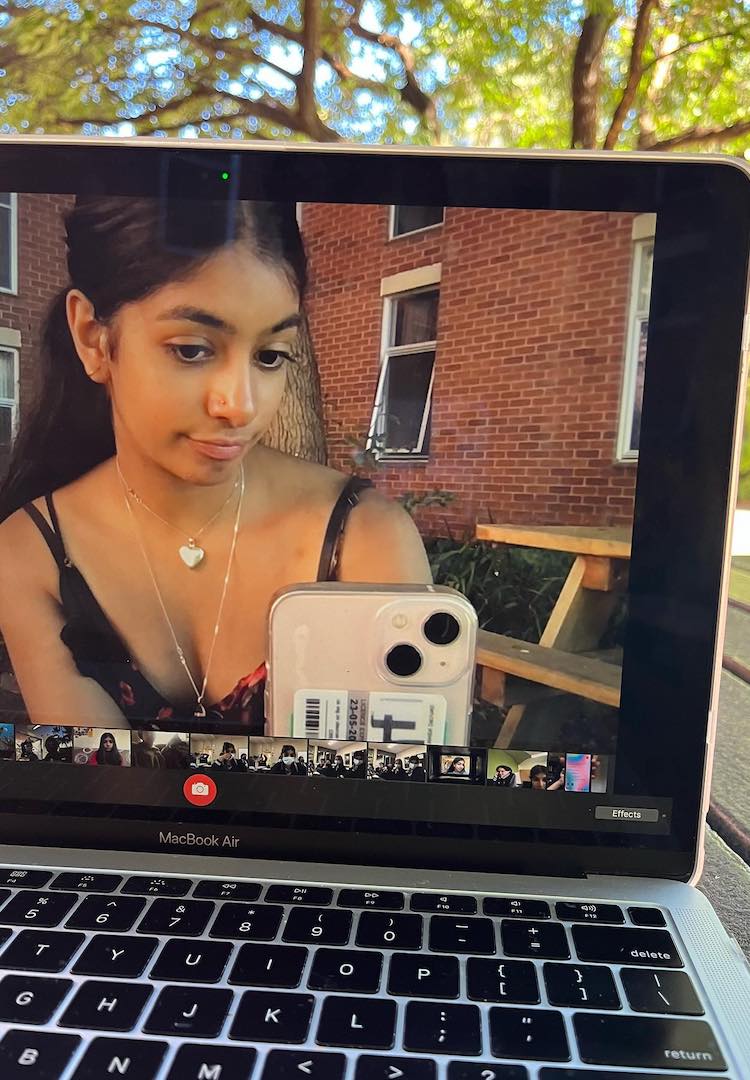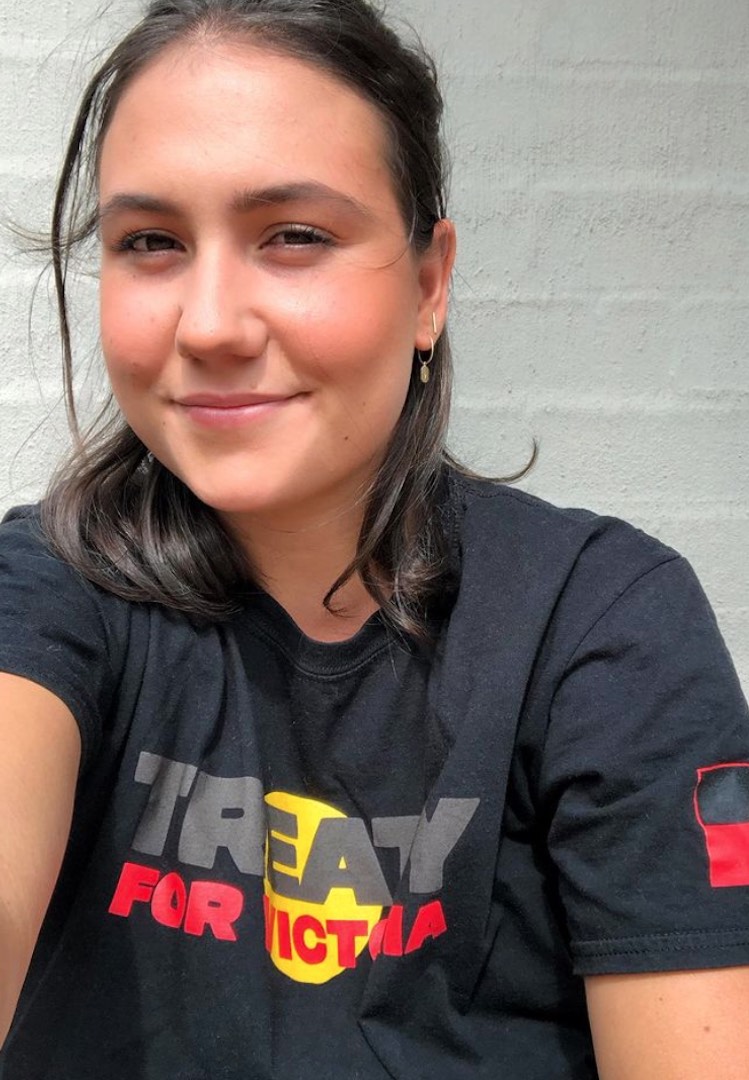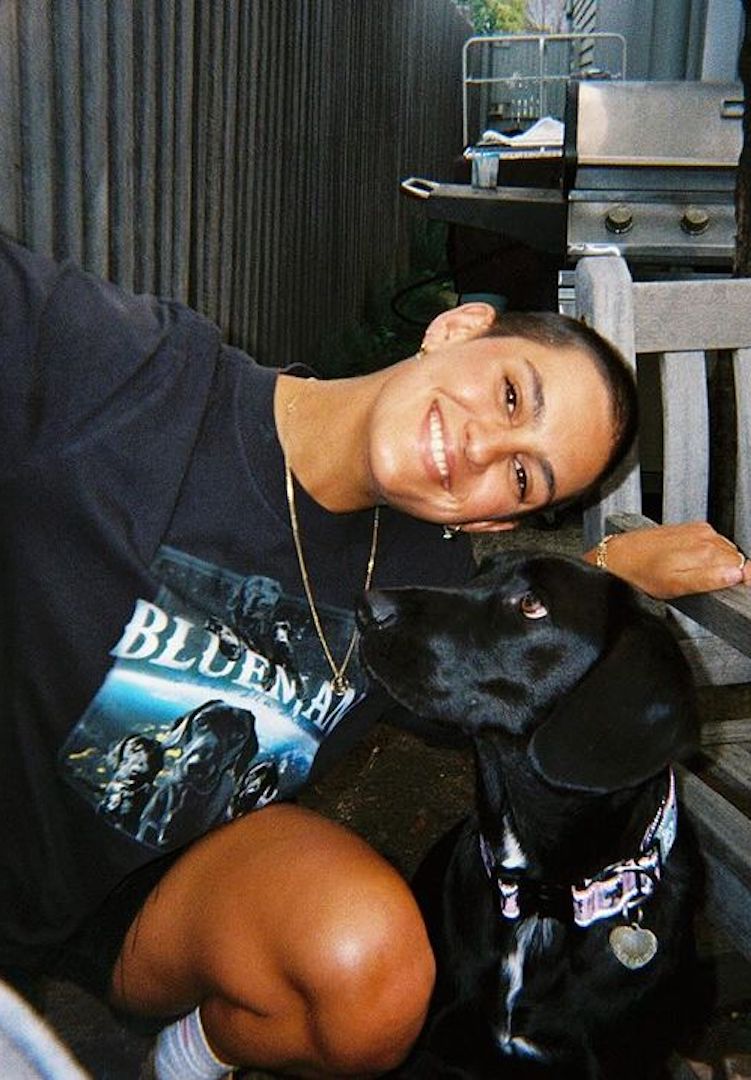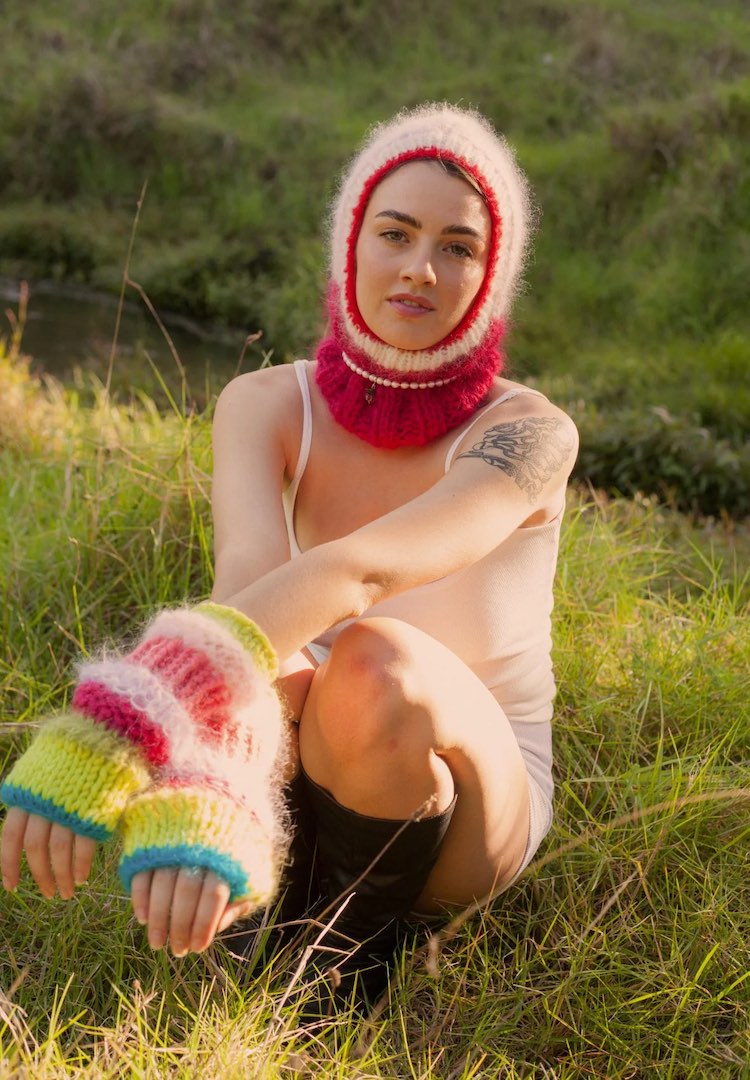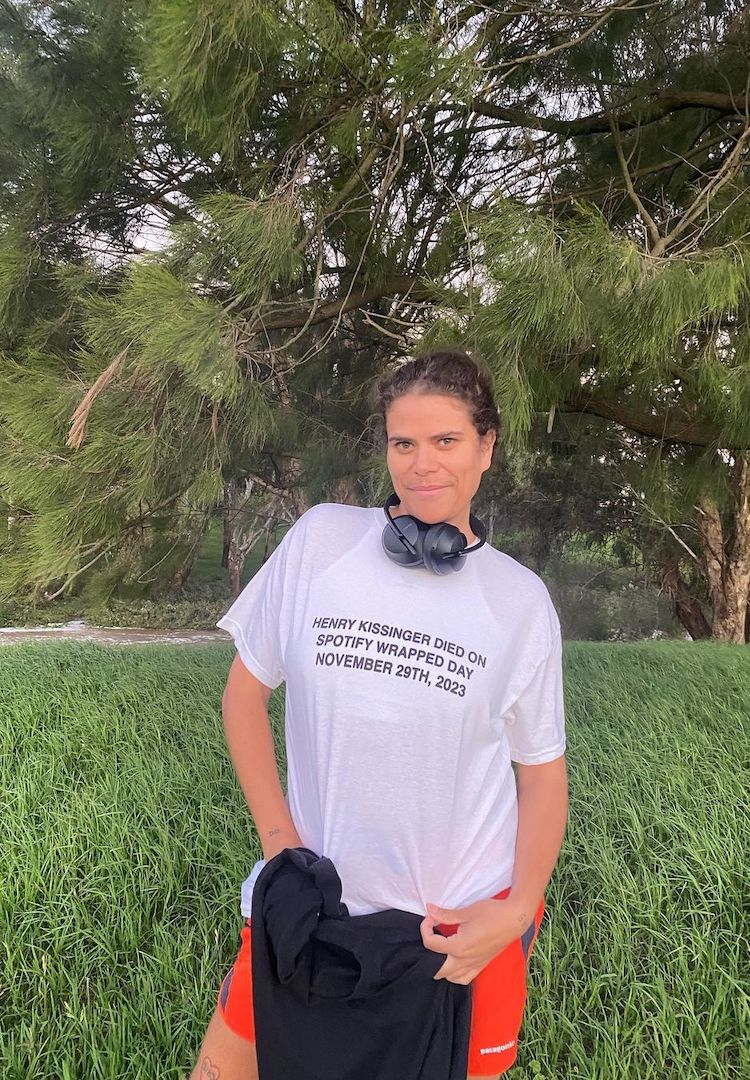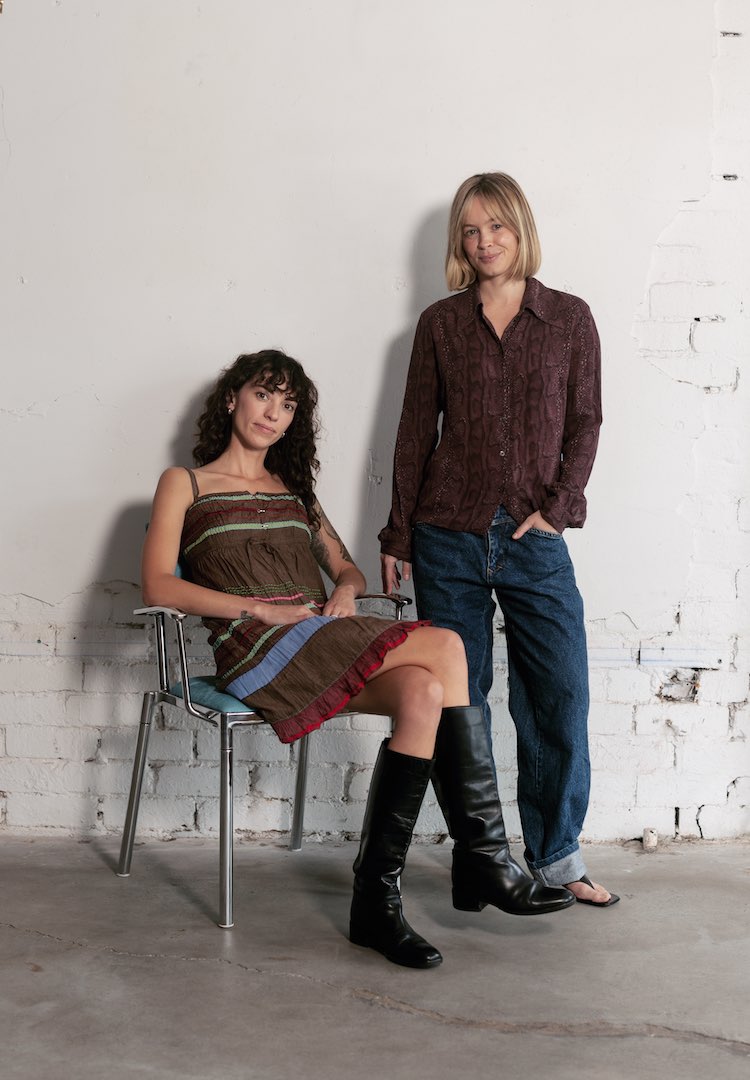Can I call you that? A guide to terminology when referring to Aboriginal and Torres Strait Islander people
IMAGE VIA CLOTHING THE GAP
WORDS BY Taneshia Atkinson
Because using correct and inclusive terminology is essential.
I belong to the Yorta Yorta people from Northern Victoria. I mostly use the terms ‘Yorta Yorta’ or ‘Aboriginal’. I also use the term ‘Koori’. Often I use the term ‘blak’. There are some terms that make me feel a little uncomfortable, and some terms that I find offensive.
There are so many terms representing many different and diverse communities, which can make things complex and confusing to understand, so I designed a resource for Instagram to provide a broad introduction to some of the terms Aboriginal and Torres Strait Islander people identify with.
Looking for more thought-provoking reads? Try our Life section.
There was an evident need for this resource, as it gained significant traction on Instagram, as more White people and the media (finally) began to put in the work to rapidly highlight the ongoing injustices inflicted upon Aboriginal and Torres Strait Islander people. However, too often people and media outlets were using terms that did not appropriately represent us.
First, some important disclaimers
I cannot speak on behalf of all Aboriginal and Torres Strait Islander people and this article is not intended to represent everyone. It’s important to ask people how they identify, where they come from or who their mob is.
It’s better to ask questions rather than assume. By asking, you are decolonising spaces, acknowledging identity and diversity, and giving another space for an often silenced voice to be heard. ‘Mob’ is referenced frequently throughout this article and is a colloquial term used by Aboriginal and Torres Strait Islander people to refer to other Aboriginal and Torres Strait Islander people.
So, what are the appropriate terms?
Aboriginal and Torres Strait Islander people
‘Aboriginal’ refers to mob on the mainland of Australia, and in Tasmania. ‘Torres Strait Islander’ refers to mob from the Torres Strait Islands. These are appropriate terminologies that many Aboriginal and Torres Strait Islander people are comfortable with, so long as you capitalise each word.
Even though they require capital letters, consider these words adjectives. For example, try to avoid just saying ‘Aboriginals’ or ‘an Aboriginal’. You should always follow with a noun, for example, ‘Aboriginal person’ and ‘Torres Strait Islander people’. Do not use the outdated term ‘Aboriginie’.
These are really long, can I abbreviate them?
Abbreviating can diminish identities and some abbreviations are derogatory and offensive. A lot of White people and educational institutions use the acronym ‘ATSI’. Some Aboriginal and Torres Strait Islanders are comfortable with acronyms as long as they are correct, however, I recommend avoiding these in conversation.
Indigenous
‘Indigenous’ refers to both Aboriginal and Torres Strait Islander people. It is important to recognise, however, that using this term can also diminish identity. This term doesn’t acknowledge the strong diversity between Aboriginal and Torres Strait Islander cultures and people and lumps everyone into one group.
What about Indigenous Australian?
Many mob are often referred to as ‘Aboriginal Australians’, or ‘Torres Strait Islander Australians’. Personally, I don’t like this referencing and like some other mob, I consider it offensive. This suggests we are a subgroup of Australia and sub-Australian which is wrong and offensive. We existed well before ‘Australia’ existed – long before colonisation.
First Nations and First Peoples
The terms I have been using up until now are words that were given to us by institutions following colonisation and without consultation, because of this, some Aboriginal and Torres Strait Islander people prefer to be called ‘First Nations people’ or ‘First Peoples’. Like identifying with language groups, this is a form of reclamation, ownership and decolonisation and acknowledges that we are the first people of this country.
Country and language groups
Most mob prefer to be identified by their ‘country’ or ‘language group’. Despite where mob currently reside, this is where our family origins and bloodlines start, and where people are connected through land, language, lore or responsibility. These are the original boundaries and groups that existed before ‘Australia’ existed.
Some general examples include ‘Bundjalung’ (North East NSW), ‘Jagera’ and ‘Turrbal’ (Brisbane region), ‘Arrente’ (Alice Springs region and surrounds) and ‘Whadjuck’ (Perth region). The Aboriginal Map of Australia is a good general guide for Aboriginal language groups.
Boundary groups
Many mob also use terms that roughly identify some state boundaries, for example, ‘Koori/Koorie’ refers to Aboriginal people in Victoria and New South Wales, ‘Murri’ refers to Aboriginal people in QLD and North West NSW, ‘Palawa’ refers to Aboriginal people in Tasmania, ‘Yolngu’ refers to Aboriginal people in North East Arnhem Land.
Blak
‘Blak’ was first used by Destiny Deacon (Kuku, Erub/Mer) in 1991. It’s an expression of urban Aboriginal identity used by some Aboriginal and Torres Strait Islander people to reclaim representational, stereotypical and symbolic notions of blackness.
I also yarned with some other Aboriginal and Torres Strait Islander people to further understand their preferences and showcase the diversity within mob.
How do you identify or introduce yourself to audiences?
Laura Thompson (Gunditjmara), co-founder of Clothing the Gap: I identify as a Gunditjmara woman. It depends on the audience though and what their level of knowledge is. I would use Koorie if I was talking to a national audience who aren’t familiar with language groups.
Sianna Catullo (Narungga), co-founder of Clothing the Gap: It depends on the audience and their level of knowledge. I usually introduce myself as an Aboriginal person when talking casually to people. If asked where I am from, I say I am a Narungga woman and go into more detail about my heritage and upbringing. If talking casually in conversation I also call myself Blak. When speaking to a broader audience, I explain where Narungga country is. As a visual learner, I think that’s important to reflect on locality so I can educate people about different ‘countries’ in Australia.
Jordyn Merrit (Yamaji): I identify as a Yamaji woman from Mullewa, Western Australia.
Josh Fauid (Porumalag): I introduce myself by saying “I am a Porumalag man from Porumagal nation in the Torres Strait.”
Do you have a ‘broad’ term you are comfortable with if people don’t initially know where you are from?
JF: I am comfortable with the term ‘Indigenous’. With that being said, I also acknowledge that I am a Torres Strait Islander person as I feel many people do not know we too are Indigenous.
LT: ‘Aboriginal’. I also don’t mind if people call me ‘Koorie’, as long as they pronounce it right.
SC: ‘Aboriginal’.
Is there any terminology that makes you uncomfortable?
JF: Being asked if I am ‘TI’ [when people really mean Torres Strait Islander]. ‘TI’ refers to Thursday Island, one island in the Torres Strait. The correct inclusive acronym is ‘TSI’.
LT: I am not comfortable with ‘Aboriginal Victorian’. The government has come up with that word to group Aboriginal people together in Victoria instead of addressing the variety of mob names and ‘countries’. It’s lazy and oversimplifies the diversity of Aboriginal people in Victoria.
SC: I don’t like when people refer to Aboriginal people with a lowercase ‘a’. I often get sent questions to answer for articles or panels. When I see they spell ‘aboriginal’ it makes me feel unsafe because it shows their low level of understanding or respect and makes me feel like I am putting myself at risk of being asked inappropriate or offensive questions. I also don’t like ‘Aborigines’. It’s a derogatory government term that was imposed on us during colonisation.
Why is it important to you that people address you appropriately?
JM: It’s important because it’s who I am. But I can also understand if people don’t have full knowledge or an understanding of that when they meet me.
JF: Even though I enjoy educating people, the feeling of being acknowledged for my cultural identity without me having to explain it gives me a sense of pride
LT: The more specific you can keep the terminology, the more respectful and purposeful you are being. Decolonising your space by using language words and making them part of our vocabulary keeps culture alive and allows people to learn more.
SC: Calling us by our preferred name makes us feel seen, heard and understood. Education is important. While the system fails us, we must do our own work to educate ourselves and others.

